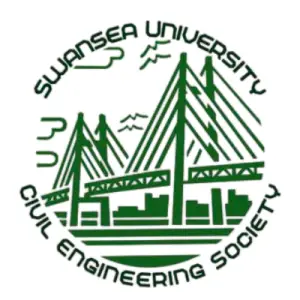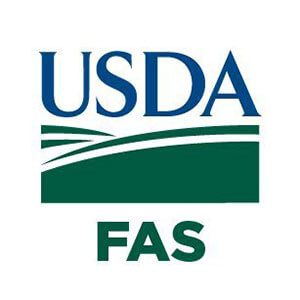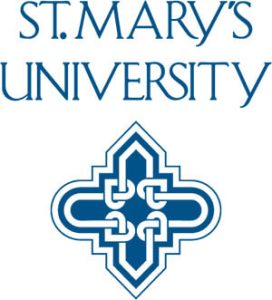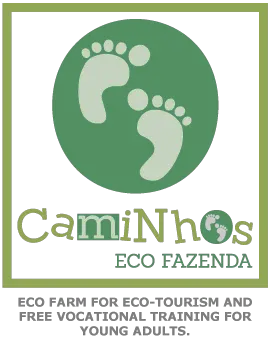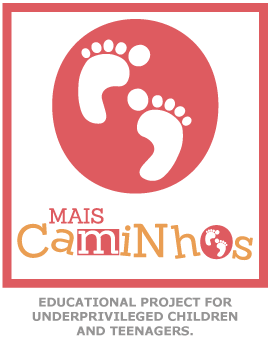Our Story, Our Impact: Get to Know Eco Caminhos
🏡 With over 10 years of experience impacting the local community and teaching permaculture, agroforestry, and natural building to people from all over the world.
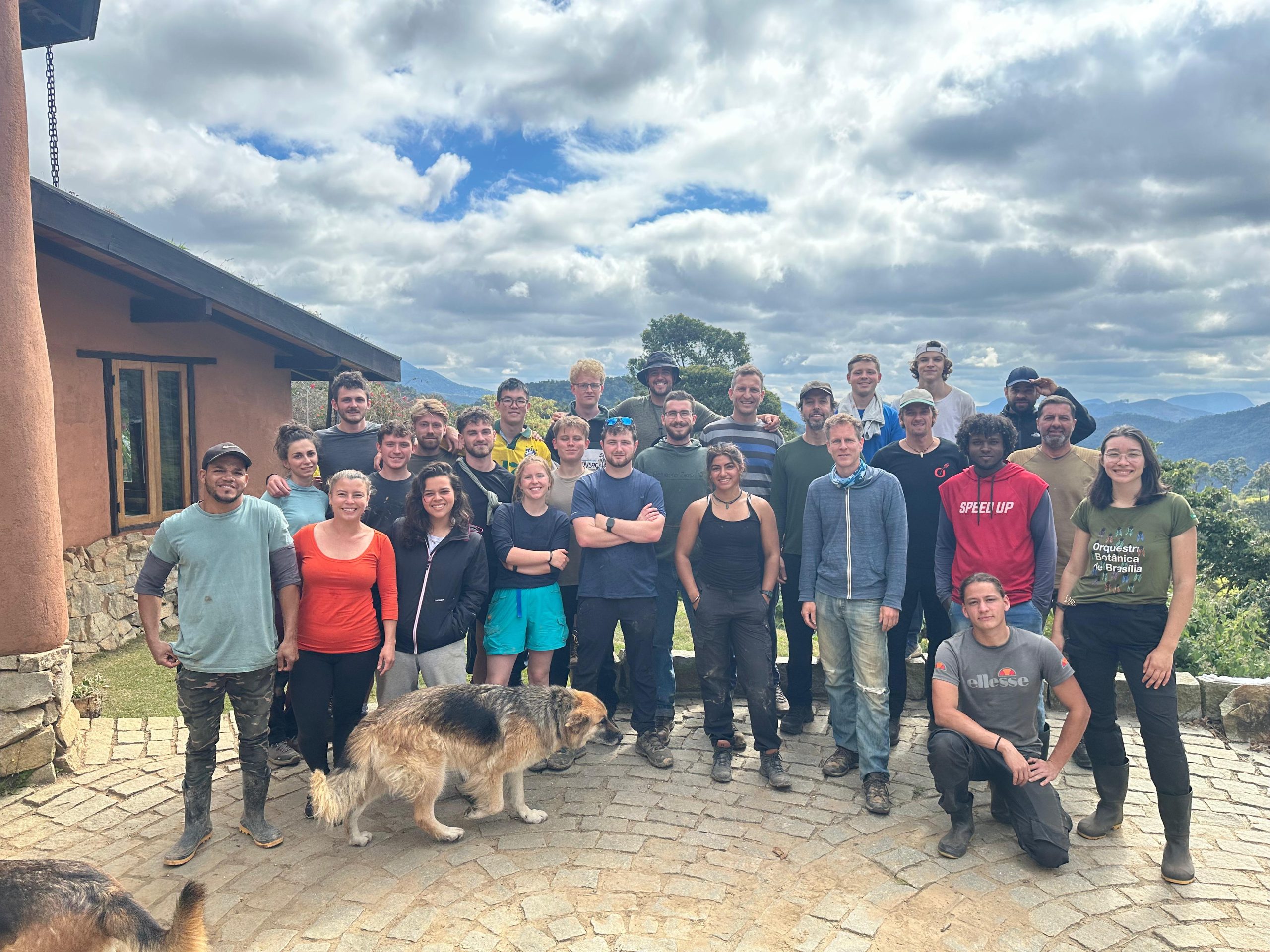
1. History
In 2014, Hilaine, Bart, Roger, Nico, and Lucas Bijen came to Brazil with a vision to create Eco Caminhos, a self-sustaining farm. Today, the farm is fully self-sustaining in energy, produces 60% of its own food including vegetables, fruits, meat, milk, eggs and has planted over 8000 trees. Eco Caminhos has built three houses, a multifunctional tool shed and a cow corral following the bioconstruction method. Further the Eco Caminhos team has implemented a 1 hectare of coffee in agroforestry systems as a pilot to proof profitability, technical, and feasibility.

Eco Caminhos receives people from Brazil and across the globe to learn about these different techniques. The farm is already financially self-sustaining. Eco Caminhos is aiming to make the knowledge built up in the farm available to a broader target group through their Ecolibrium Permaculture School project which is currently being constructed.
2. Vision
Our planet is currently facing a multitude of environmental crises, including climate change accompanied with extreme weather events, pollution of land and water and depletion of resources. We believe that the world needs to embrace self-sufficient and sustainable forms of living, where we produce an abundance of food, energy, and live in harmony with nature. This belief is widely shared across the world; however, we feel there is too little action. At Eco Caminhos we take action and have been gathering knowledge to contribute to achieving this self-sustaining way of living. We now want to share this knowledge with the community by offering high-quality and intensive long-term training both in theory as well as in practice to those who can and cannot afford it. In Brazil, there are only a few courses available to learn about sustainable techniques, and these courses are expensive and often only provide people with a theoretical glimpse of the subject.
To convince monoculture farmers to switch to agroforestry, it is important to show that these environmentally friendly production methods can generate a good income. A successful profitable product as an example is necessary for this. The cultivation of coffee in agroforestry is such an example and specifically interesting for the climate where the farm is located. Coffee is already showing its potential in Brazil and beyond. Therefore, coffee will play an important role in our practical education at the Eco Caminhos farm as the climate in the region of the farm is ideal for coffee cultivation.

An impression of the future of Ecolibrium, by Daniel Balcazar creative artist 2019.
3. Mission
Eco Caminhos aims to become the top school for Permaculture, Agroforestry, and Bioconstruction in Brazil. We will teach these techniques to children, teenagers, students, builders, farmers, and international apprentices through both theoretical and practical means. Starting locally, we plan to expand our activities regionally, nationally, and internationally by training other organizations around the world. Our experience in implementing these techniques successfully over the past nine years has helped us build the necessary knowledge. Through our educational center we will see a transformation in the region towards more sustainable agriculture and construction, thanks to our efforts aligned with the Sustainable Development Goals (SDGs)
![[:en]Eco Caminhos: Permaculture & Agroforestry Farm in Brazil[:br]Eco Caminhos: Fazenda de Permacultura e Agrofloresta no Brasil[:sp]Permacultura y Agroforestería en Brasil: Eco Caminhos[:]](https://ecocaminhos.com/wp-content/uploads/2024/02/Eco-Caminhos-logo-without-border.png)

 Português
Português Español
Español
 • Theoretical and practical knowledge on how to bioconstruct houses.
• Theoretical and practical knowledge on how to bioconstruct houses. • Impact the region and later country through the youngest generations, specially vulnerable groups and nearby communities.
• Impact the region and later country through the youngest generations, specially vulnerable groups and nearby communities.

 Our focus is on underprivileged youth from vulnerable backgrounds who lack quality job opportunities. As explained before 40% came from an orphanage, 90% came from underprivileged families, 20% came directly from the streets. Most come from Rio de Janeiro, a few from Nova Friburgo and we also have received a few Venezuelan and Argentinian refugees. 2024 we will receive one apprentice of our partner project Mais Caminhos and another from our partner project Off Grid in Nova Friburgo. With the new compound we want to receive a total of 16 apprentices who will live and work full time at the farm. This is four times more than now.
Our focus is on underprivileged youth from vulnerable backgrounds who lack quality job opportunities. As explained before 40% came from an orphanage, 90% came from underprivileged families, 20% came directly from the streets. Most come from Rio de Janeiro, a few from Nova Friburgo and we also have received a few Venezuelan and Argentinian refugees. 2024 we will receive one apprentice of our partner project Mais Caminhos and another from our partner project Off Grid in Nova Friburgo. With the new compound we want to receive a total of 16 apprentices who will live and work full time at the farm. This is four times more than now.
 Example design coffee consortium with tree lines and coffee in between.
Example design coffee consortium with tree lines and coffee in between. Eco Caminhos experiments with agroforestry (SAF: Sistema Agroflorestal) coffee production in agroforestry systems also is a great way to attract ecotourism. Agencies organize coffee tours all around Brazil. Would you not be interested in visiting a sustainable farm that produces organic coffee in agroforestry systems? Within agroforestry systems we can reduce fertilizers and irrigation to almost zero after 3 years. It will not only make our coffee organic and of better quality but we can simply compete with the farms due to the fact that our production costs will be lower over time. This trend is likely to increase in the future as our climate situation is getting worse and fertilizer prices rising due to the dependence on gas for its manufacturing. Within agroforestry farmers can continue to plant their annual crop such as vegetables in combination with their coffee plantation which will make the threshold lower as farmers can continue to do as they were used to and farmers can sell their vegetables within 30 to 60 days after planting preventing them from having to wait 4 years before the first coffee is harvested and income is generated.
Eco Caminhos experiments with agroforestry (SAF: Sistema Agroflorestal) coffee production in agroforestry systems also is a great way to attract ecotourism. Agencies organize coffee tours all around Brazil. Would you not be interested in visiting a sustainable farm that produces organic coffee in agroforestry systems? Within agroforestry systems we can reduce fertilizers and irrigation to almost zero after 3 years. It will not only make our coffee organic and of better quality but we can simply compete with the farms due to the fact that our production costs will be lower over time. This trend is likely to increase in the future as our climate situation is getting worse and fertilizer prices rising due to the dependence on gas for its manufacturing. Within agroforestry farmers can continue to plant their annual crop such as vegetables in combination with their coffee plantation which will make the threshold lower as farmers can continue to do as they were used to and farmers can sell their vegetables within 30 to 60 days after planting preventing them from having to wait 4 years before the first coffee is harvested and income is generated. The graph above is indicative and shows what we expect to happen with special coffee in agroforestry. Initial costs to implement the system are much higher than with monoculture. Initial costs include training, soil preparation, 250 species of trees, tools, manual labor etc. In the graph you can also see that only at year 5 we start to make profits. The big difference in profit margins will be the fact that in agroforestry we sell special organic coffee and in monoculture cultivation we need to heavily fertilize every year as coffee demand a high quality nutrients. Another cost saver for agroforestry is irrigation which is only needed for the first three years. Coffee trees within agroforestry systems will also live three times longer and thus profit longer. Another benefit from the agroforestry systems is that after 14 years we can harvest hardwood which will give a boost to profit margins.
The graph above is indicative and shows what we expect to happen with special coffee in agroforestry. Initial costs to implement the system are much higher than with monoculture. Initial costs include training, soil preparation, 250 species of trees, tools, manual labor etc. In the graph you can also see that only at year 5 we start to make profits. The big difference in profit margins will be the fact that in agroforestry we sell special organic coffee and in monoculture cultivation we need to heavily fertilize every year as coffee demand a high quality nutrients. Another cost saver for agroforestry is irrigation which is only needed for the first three years. Coffee trees within agroforestry systems will also live three times longer and thus profit longer. Another benefit from the agroforestry systems is that after 14 years we can harvest hardwood which will give a boost to profit margins.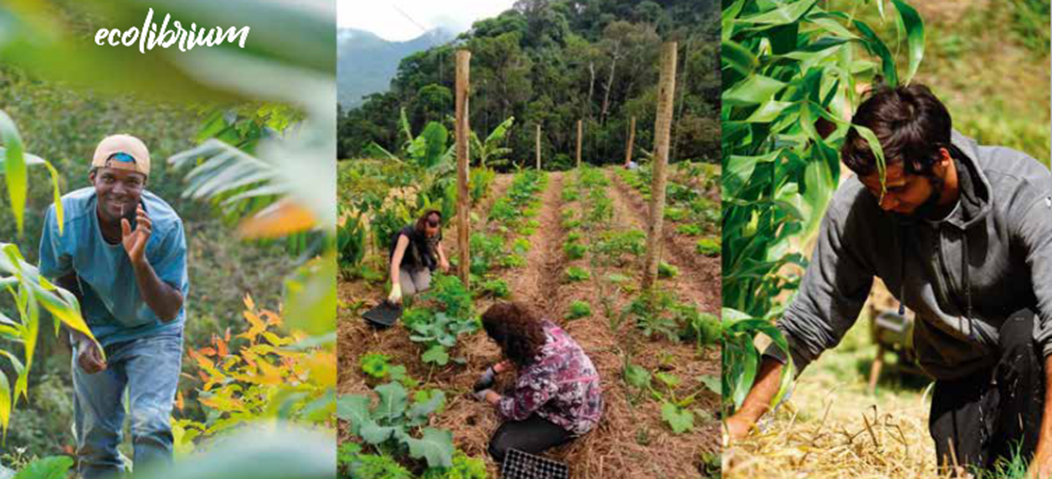 Our on-farm learning program has been operating since 2015 and has welcomed young people in vulnerable situations. So far 24 participants have stayed here for periods of three months to three years learning permaculture, agroforestry, bioconstruction, and English. Most young people learned to work responsibly and correctly, becoming respectful citizens. In addition to learning about agricultural practices, they also learned how to take care of their domestic needs. The results are astonishing and we can see the real transformation in their lives.
Our on-farm learning program has been operating since 2015 and has welcomed young people in vulnerable situations. So far 24 participants have stayed here for periods of three months to three years learning permaculture, agroforestry, bioconstruction, and English. Most young people learned to work responsibly and correctly, becoming respectful citizens. In addition to learning about agricultural practices, they also learned how to take care of their domestic needs. The results are astonishing and we can see the real transformation in their lives.










